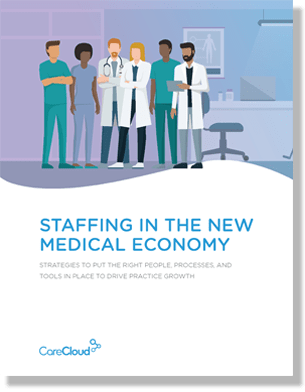According to the Centers for Medicare & Medicaid Services (CMS), Meaningful Use audits will be conducted on 5 to 10 percent of eligible professionals prior to their EHR incentive payments being doled out.
CMS announced that, beginning with Meaningful Use attestations submitted during and after January 2013, eligible providers may be subject to audits before they can receive their EHR incentive bonuses. Most audited physicians are being selected at random, though CMS has noted that physicians who have submitted “suspicious or anomalous attestation data” are also being targeted.
Those selected for an audit will receive a letter in the mail from Figliozzi & Company, the accounting firm chosen by CMS to conduct all Meaningful Use reviews. The letter, which begins, “This…is to inform you that your organization has been selected by the CMS for an audit of your facility’s meaningful use of certified EHR technology for the attestation period,” also includes an information request list. However, physicians are reminded that auditors may request additional information not included in the initial request.
What kind of information is being requested?
In most cases, audited physicians are given a two-week deadline to supply requested information either electronically or by mail. Information being requested can vary from physician to physician and may include:
- Proof that the physician is using a certified EHR system
- Documentation that proves that, during the reporting period, at least 50% of patient encounters were entered into the EHR
- Supporting documentation used during the attestation for both Core and Menu Set Objectives/Measures
- Proof that a security risk analysis of the certified EHR was performed prior to the end of the reporting period
- Proof that certain features (i.e. drug-drug/drug-allergy interaction checks) were available, enabled, and active in the EHR system for the duration of the reporting period
In addition to prepayment audits, CMS will continue to conduct post-payment Meaningful Use audits on another 5 to 10 percent of eligible professionals. These audits are meant to detect fraudulent activity, as well as inaccuracies in eligibility, reporting, and payment.
Amanda Guerrero is a content writer specializing in EHR, healthcare technology, and Meaningful Use. In addition to maintaining her own health IT-related blog, she contributes to websites such as HealthTechnologyReview and HITECHAnswers.net.




